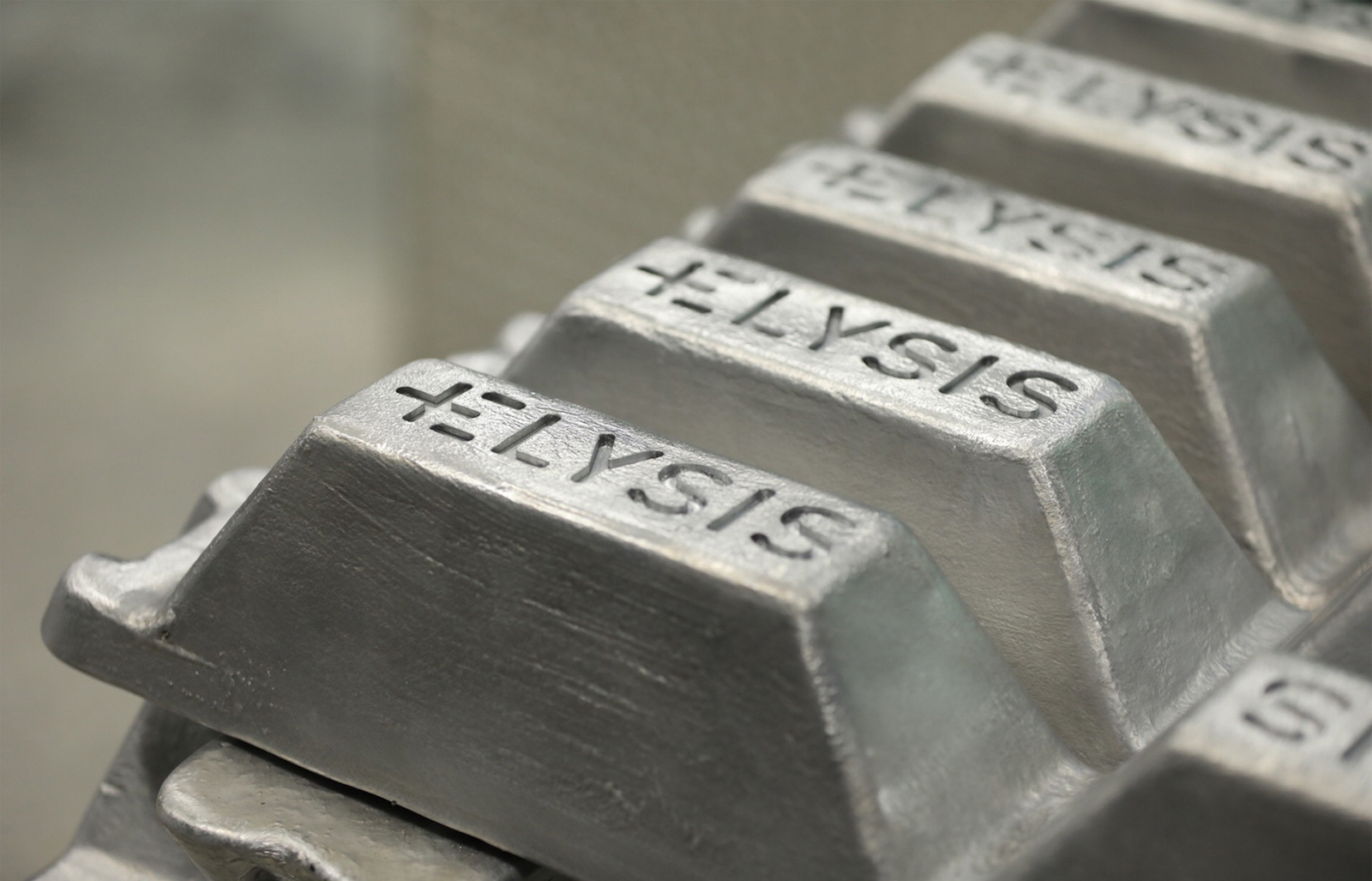Global mining and metals company Rio Tinto has revealed plans to install carbon-free aluminum smelting cells at its Arvida smelter in Québec, making use of the first technology license issued by Elysis, its joint venture with Pittsburgh-based aluminum producer Alcoa.
Rio Tinto's announcement of the ELYSISTM inert anode technology demonstration plant project under development in the Saguenay region is a major step forward in the worldwide development of this revolutionary technology, which will ultimately enable the production of aluminium by eliminating GHG emissions from the electrolysis process.
According to Aluminium Association of Canada CEO Jean Simard, "the development of a breakthrough technology, ELYSISTM, in Quebec by our two world-class producers Alcoa and Rio Tinto, and its eventual deployment in the primary production ecosystem, is nothing less than our race to the moon. We're competing with Russia and China, and we're ahead of the game, as today's announcement shows."
Rio Tinto, which has headquarters in London and Melbourne, Australia, will design, engineer and build a demonstration plant equipped with 10 pots operating at 100 kiloamperes—a similar size to those operating a smaller-scale commercial smelters, Alcoa says—and the plant will be owned by a new joint venture in which Rio Tinto and the Québec government, through Investissement Québec, will invest $179 million and $106 million, respectively, as equity partners.
“This investment will further strengthen Rio Tinto’s industry-leading position in low-carbon, responsible aluminum in North America with our hydro-powered smelters and our recycling capacity,” Rio Tinto Aluminum Chief Executive Jérôme Pécresse says. “Becoming the first to deploy the Elysis carbon-free smelting technology is the next step in our strategy to decarbonize and grow our Canadian aluminum operations.















